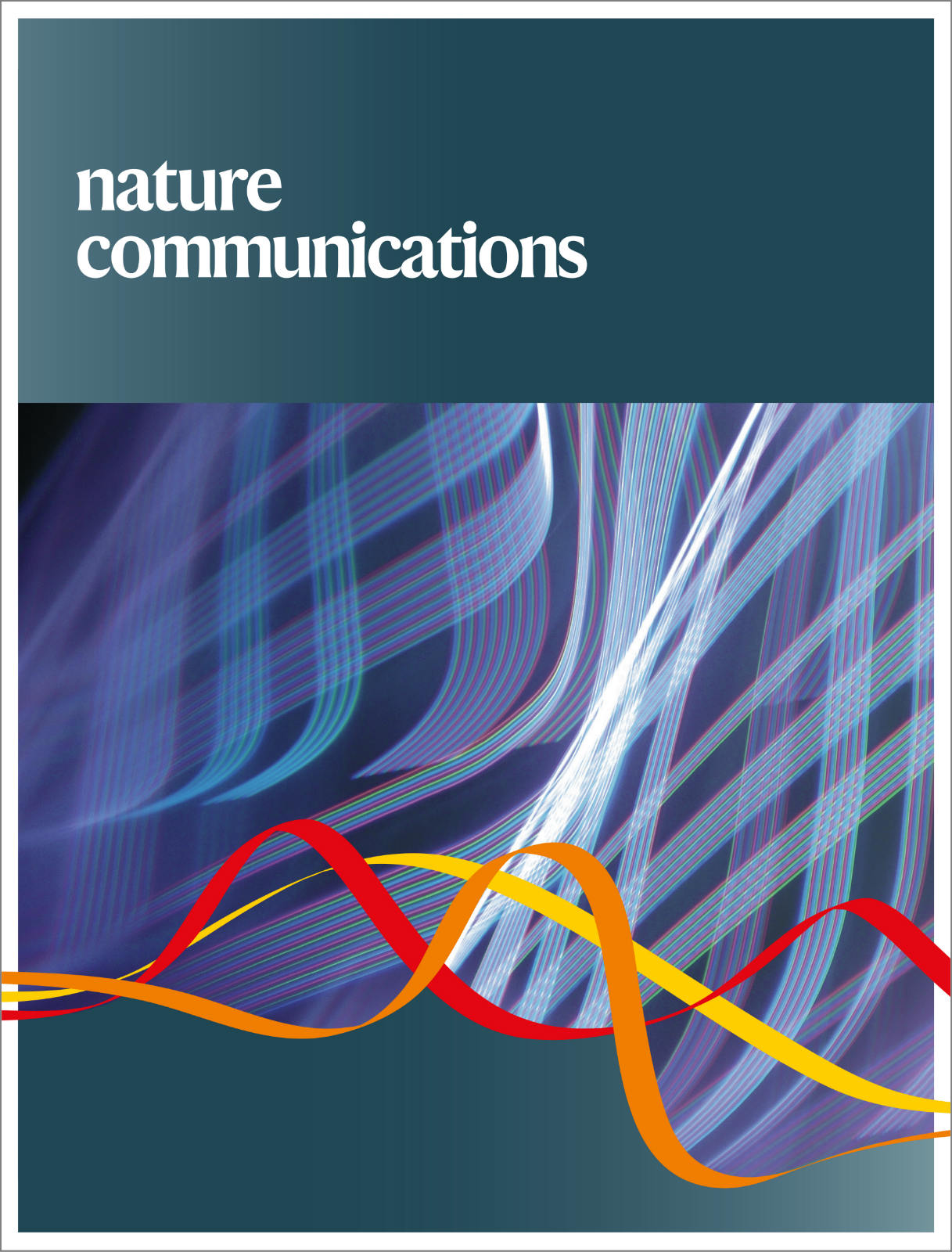碲辅助在绝缘衬底上生长大规模原子薄绝缘非晶碳。
IF 15.7
1区 综合性期刊
Q1 MULTIDISCIPLINARY SCIENCES
引用次数: 0
摘要
单层非晶碳(a-C)是一种原子薄的二维(2D)碳非晶材料,由于其结构和输运特性而受到人们的广泛关注。在这里,我们报告了一种化学气相沉积(CVD)方法直接在绝缘衬底上合成单层a- c薄膜,实现了对其尺寸,厚度和制造的高度控制。合成薄膜在2英寸晶圆片上完全覆盖,均匀性高。我们的理论分析揭示了碲在衬底上促进单层a-C生长的关键作用。此外,在液氦温度下对a-C薄膜进行了量子隧穿测量,证实了样品的均匀性和绝缘性能。这项工作为直接合成原子薄绝缘非晶材料提供了一种有希望的策略,并加深了我们对低维无序材料的量子现象和电子性质的理解。本文章由计算机程序翻译,如有差异,请以英文原文为准。
Tellurium-assisted growth of large-scale atom-thin insulating amorphous carbon on insulating substrates.
Monolayer amorphous carbon (a-C), an atom-thin two-dimensional (2D) carbon amorphous material, has attracted significant attention due to its structural and transport properties. Here, we report a chemical vapor deposition (CVD) approach for directly synthesizing monolayer a-C films on insulating substrates, achieving high control over their size, thickness, and fabrication. The synthesized films exhibit a complete coverage over a 2-inch wafer, with high uniformity. Our theoretical analysis reveals the critical role of tellurium in promoting the growth of monolayer a-C on the substrate. Moreover, quantum tunneling measurements at liquid helium temperature were conducted on the a-C films, confirming the samples' homogeneity and their insulating behavior. This work provides a promising strategy for direct synthesis of atom-thin insulating amorphous materials and deepens our understanding of quantum phenomena and electronic properties in low-dimensional disordered materials.
求助全文
通过发布文献求助,成功后即可免费获取论文全文。
去求助
来源期刊

Nature Communications
Biological Science Disciplines-
CiteScore
24.90
自引率
2.40%
发文量
6928
审稿时长
3.7 months
期刊介绍:
Nature Communications, an open-access journal, publishes high-quality research spanning all areas of the natural sciences. Papers featured in the journal showcase significant advances relevant to specialists in each respective field. With a 2-year impact factor of 16.6 (2022) and a median time of 8 days from submission to the first editorial decision, Nature Communications is committed to rapid dissemination of research findings. As a multidisciplinary journal, it welcomes contributions from biological, health, physical, chemical, Earth, social, mathematical, applied, and engineering sciences, aiming to highlight important breakthroughs within each domain.
 求助内容:
求助内容: 应助结果提醒方式:
应助结果提醒方式:


